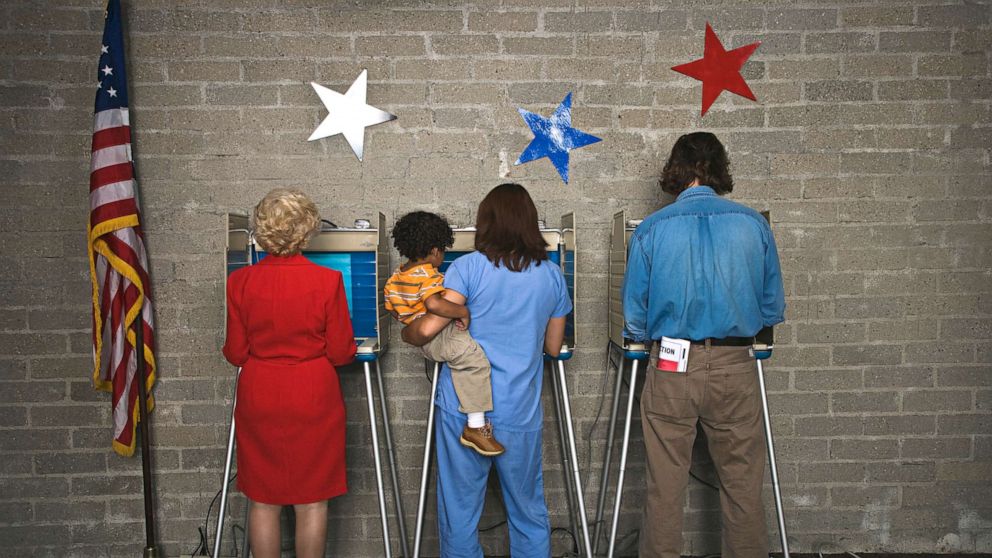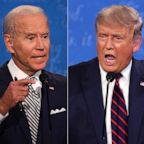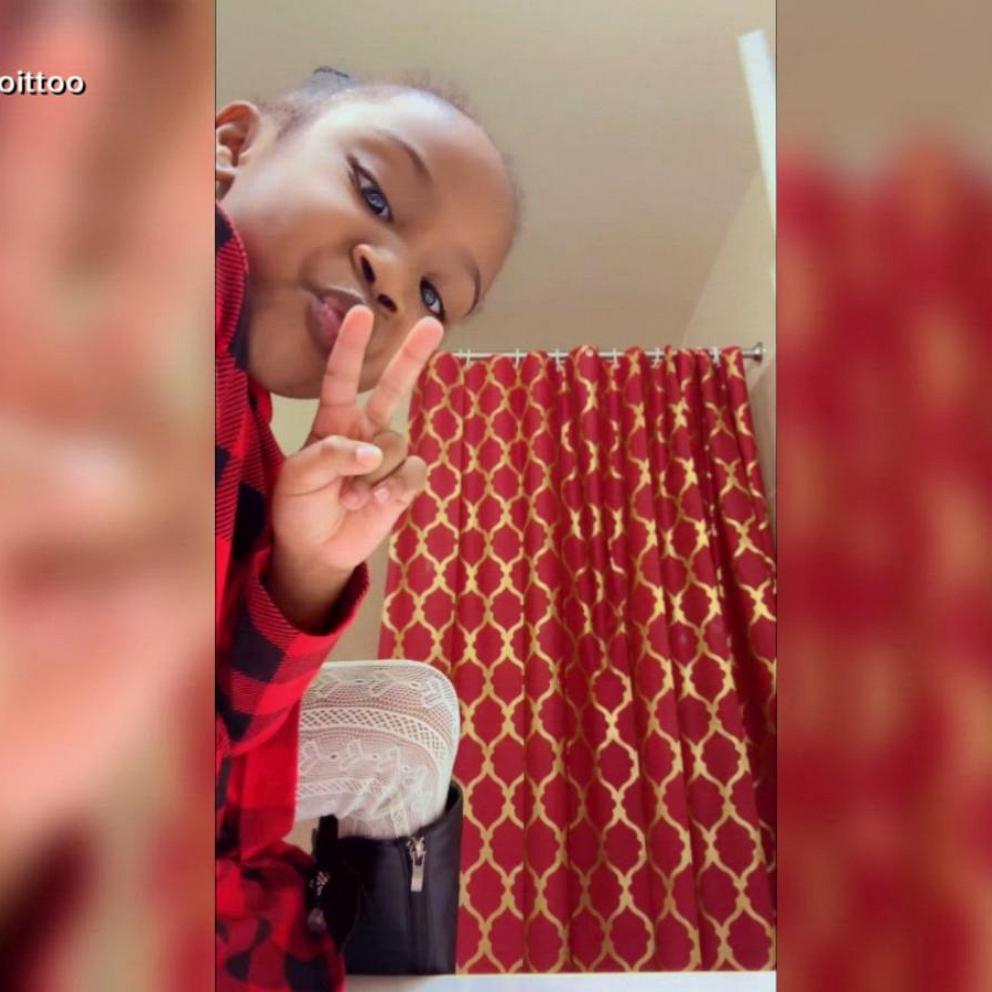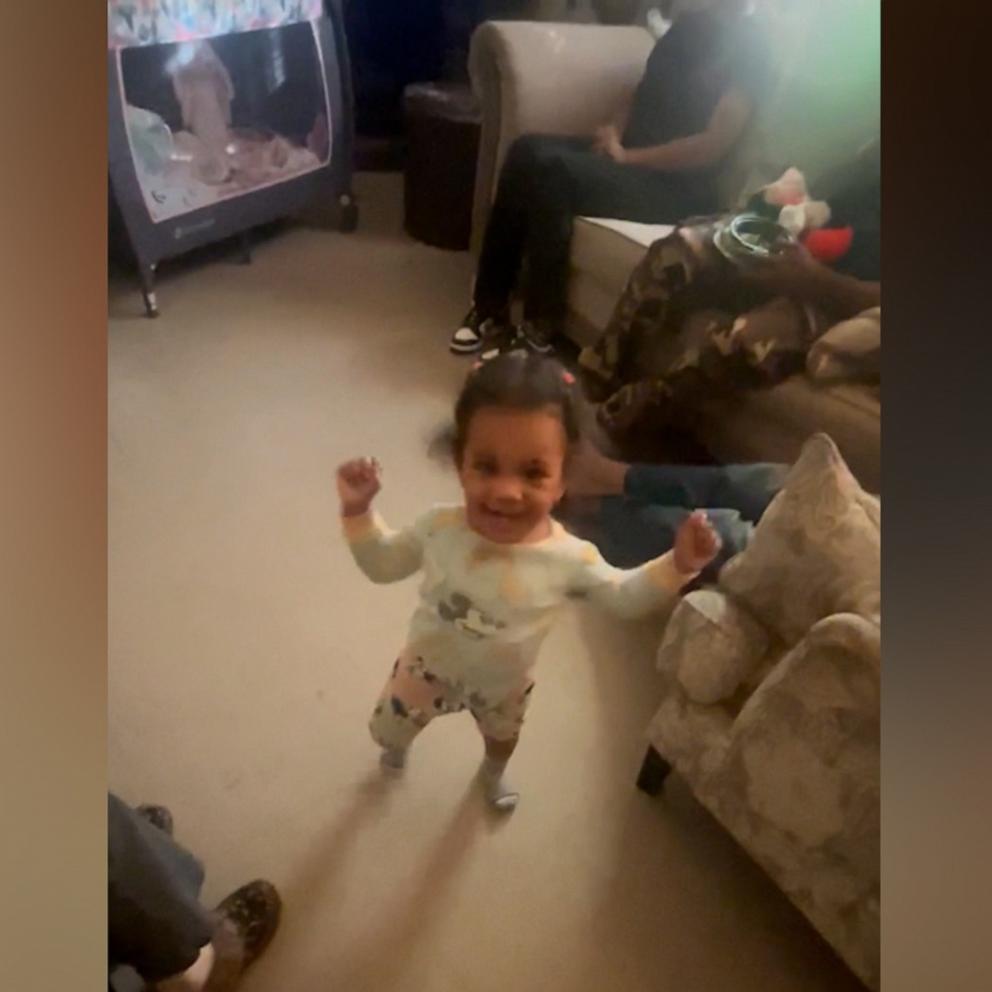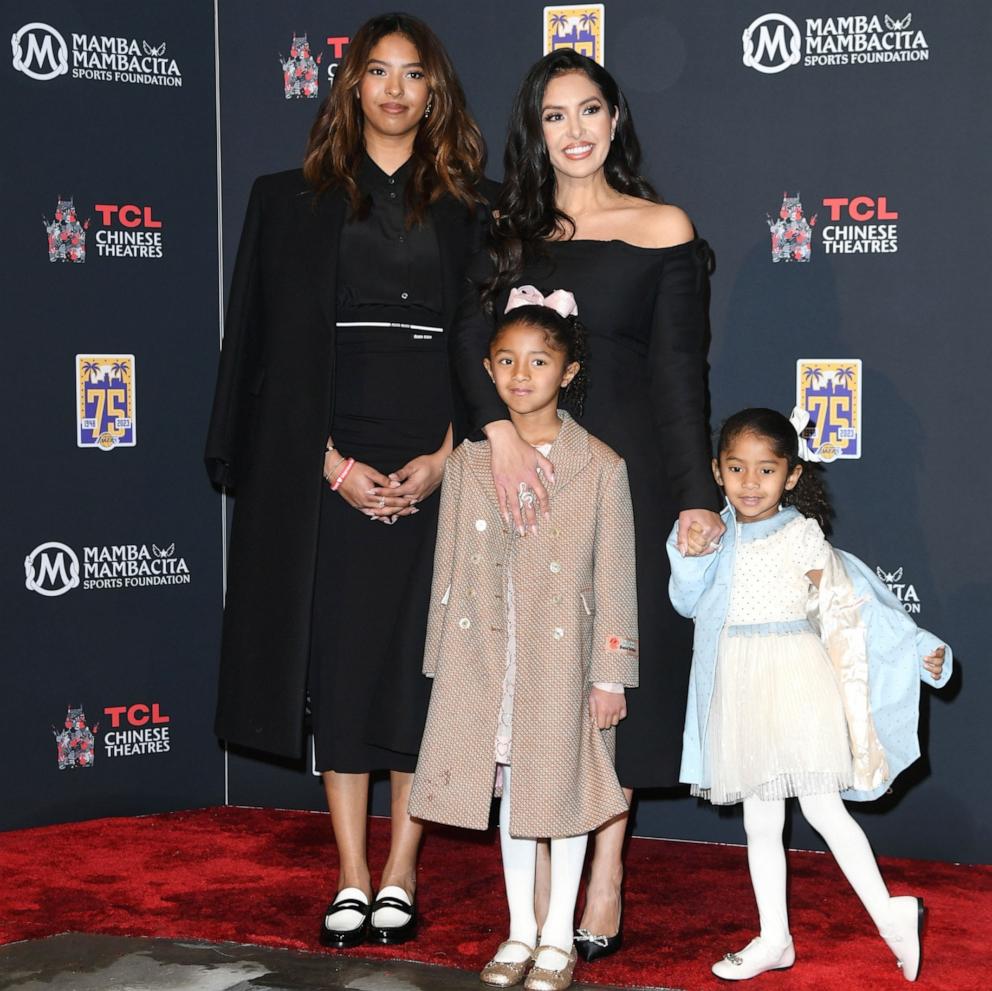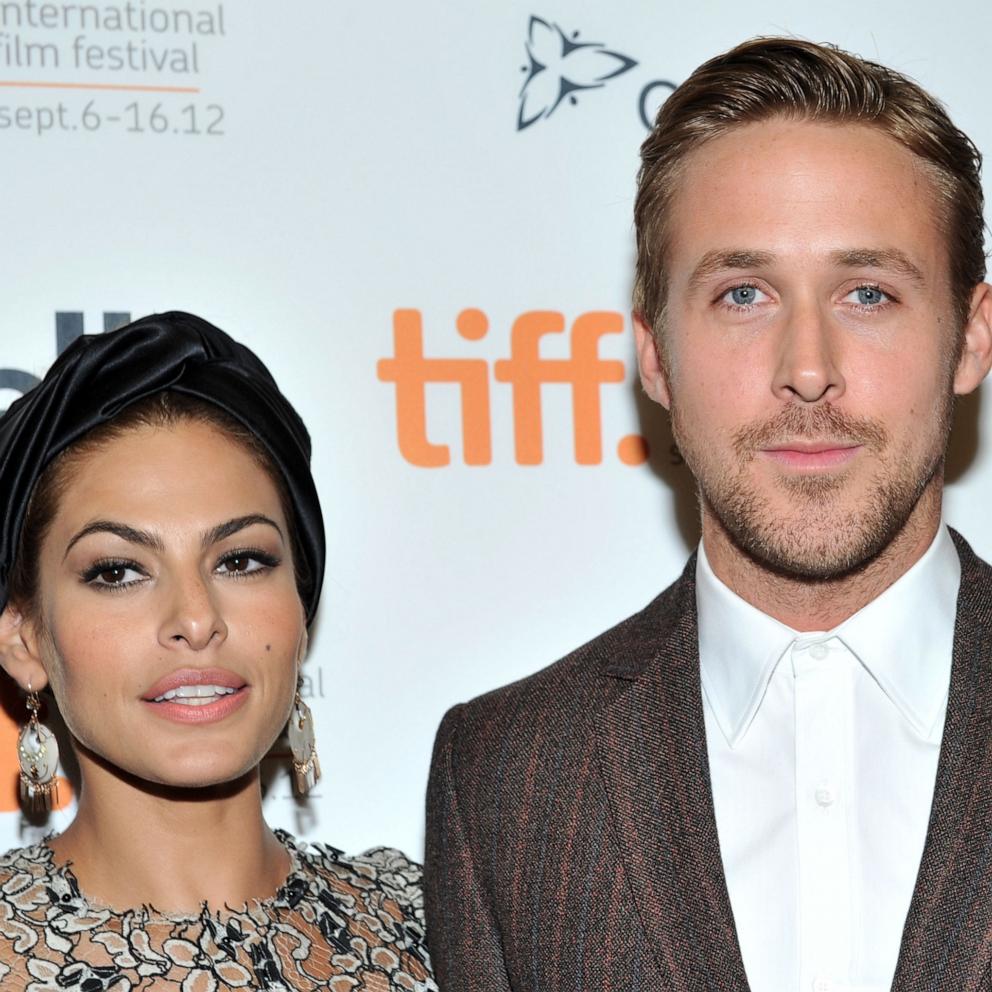Playground politics: How to prep your young kids for the election

It's election season and your kids are listening. And probably repeating your politics on the playground.
With that in mind, it's important to do what we tell the kids to do: Mind your manners so they will do the same.
"Younger kids are impressionable, and they often echo and mimic what they hear and see from their parents and the other adults in their lives," Jeffrey Knutson, senior education producer and content strategist at Common Sense Media, told "Good Morning America."
And if you think your kids don't care about politics, think again: According to the group's research, "about half of kids say that following the news is important to them, and more than two-thirds say that consuming news makes them feel smart and knowledgeable."
The kind of news they consume, however, is crucial. For elementary-aged kids, who are old enough to be aware of the election but too young to understand politics, Common Sense Media suggests parents actively seek out kid-friendly news.
"Turn to news sources designed for kids, such as HTE Kids News, Time for Kids and Scholastic Kids Press Corps," the organization suggests on its website. "These news websites break down the events of the day in age-appropriate terms, while avoiding stuff you probably won't want them exposed to."
Here are four more tips for navigating the politically charged weeks ahead with elementary-aged kids
1. Decode ads. When a political ad comes on TV or is striped across or down the side of a computer screen, talk to your kid about the claims the ad is making, and how music and visuals are used to persuade viewers. Talk about why there are so many negative ads -- and why they work.
2. Watch out for campaign-inspired bullying. Kids exposed to candidates' mudslinging and name-calling on TV, on radio and in video clips online may parrot this talk and engage in bullying behavior at school or home. Explain that politicians do this to gain an advantage over their opponent or change the conversation. Explain that name-calling and bullying isn't appropriate at home, at school or on the playground. Teach kids how to respectfully disagree.
3. Read kid-friendly books about American politics. Check out "Bad Kitty for President," which does a great job of explaining the U.S. political system. See how hard women fought for voting rights in "Around America to Win the Vote: Two Suffragists, a Kitten, and 10,000 Miles." And find out what the founding fathers were really like in "The Founding Fathers! Those Horse-Ridin', Fiddle-Playin', Book-Readin', Gun-Totin' Gentlemen Who Started America."
4. Keep the bombast at bay. Kids may not understand concepts such as groping, gun control, abortion, troops and immigration, but they can certainly feel the emotion behind the rhetoric. Try to change the station and mute the TV when you can. Kids will pick up on your reactions -- and they sometimes feel at fault for causing them -- so if a candidate makes you mad, explain that the man or woman on TV made you feel that way and why.
Ultimately though, it's up to adults to set them example.
"In these politically divisive times," Knutson said. "It's important for parents -- and other adults -- to model for kids how to discuss, debate, and even disagree respectfully and civilly."
